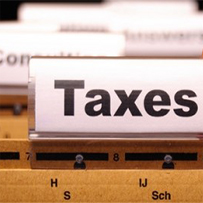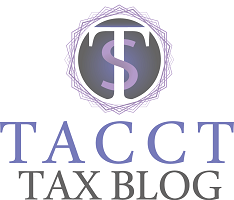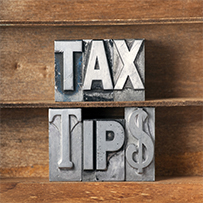
Resources
Basic records are documents that everybody should keep. Although the Internal Revenue Service (IRS) doesn’t require you to keep your records in a particular way, it does urge taxpayers to keep them “in an orderly fashion” and in a safe place.
There are Limits
The rule of thumb for tax papers is hold onto them until the chance of audit passes. Usually, this is three years after filing. But if the IRS suspects you underreported your income by 25 percent or more, it gets six years to check into your tax life. That’s why it’s recommended to keep tax documents for six to 10 years.
Use It or Lose It
This means 1040 forms and any accompanying tax schedules, along with the documents supporting the return, such as W-2s, 1099 miscellaneous income statements and receipts or canceled checks verifying tax-deductible expenses. Hang on to anything you need to do your taxes.
You don’t need everything. If you used something to claim a deduction, keep it. If not, shred it. Medical bills aren’t necessary to keep it you didn’t meed the deduction threshold. So if you took the standard deduction instead of itemizing, any of those records are useless as well.
Some items, however, have a longer shelf life. These generally are assets that a taxpayer will eventually sell, triggering a tax bill like a pension plan, home or stock investments. It’s recommended to keep these records indefinitely or at least until three years after you dispose of the asset.
Basic records
| FOR items concerning your … | KEEP as basic records … |
| Income |
Form(s) W-2
Form(s) 1099 Bank statements Brokerage statements Form(s) K-1 |
| Expenses | Sales slips Invoices Receipts Canceled checks or other proof of payment |
| Home | Closing statements Purchase and sales invoices Proof of payment Insurance records Form 2119 (if you sold a home before 1998) |
| Investments | Brokerage statemetns Mutual fund statements Form(s) 1099 Form(s) 2439 |
How long you should hang on to records
| IF you … | THEN the period is … |
| Owe additional tax and the next three situations below do not apply to you | 3 years |
| Do not report income that you should and it is more than 25 percent of the gross income shown on your return | 6 years |
| File a fraudulent return | No limit |
| Do not file a return | No limit |
| File a claim for credit or refund after you filed your return | Later of 3 years or 2 years after tax was paid |
| File a claim for a loss from worthless securities | 7 years |



